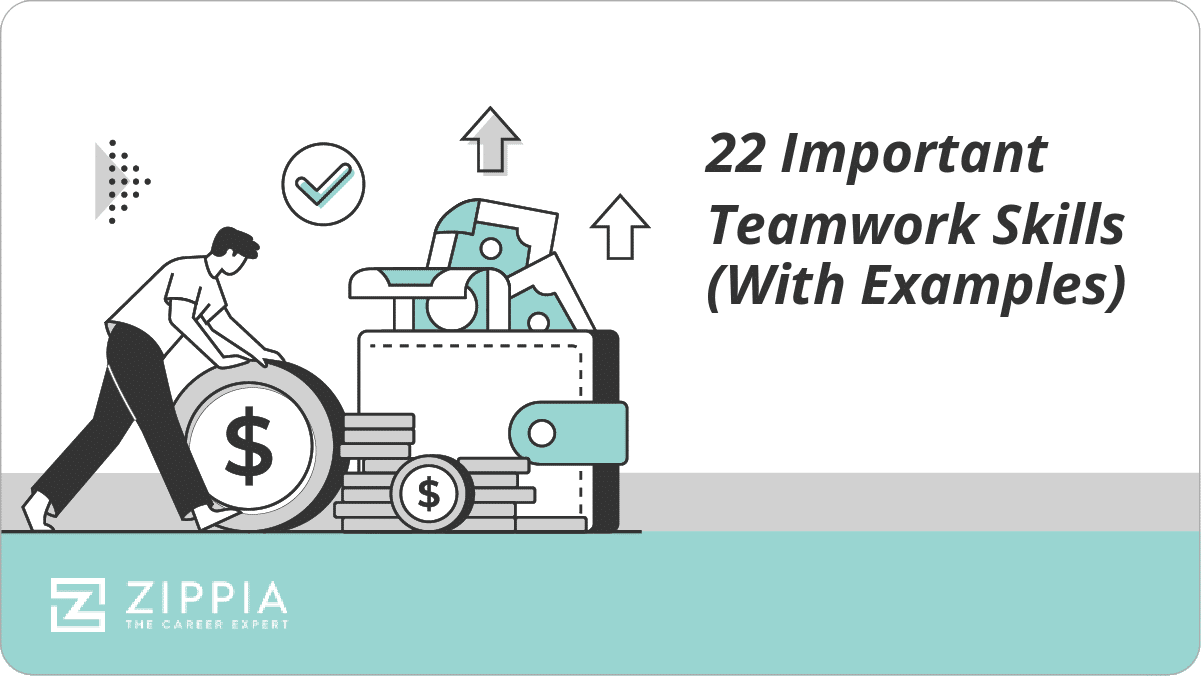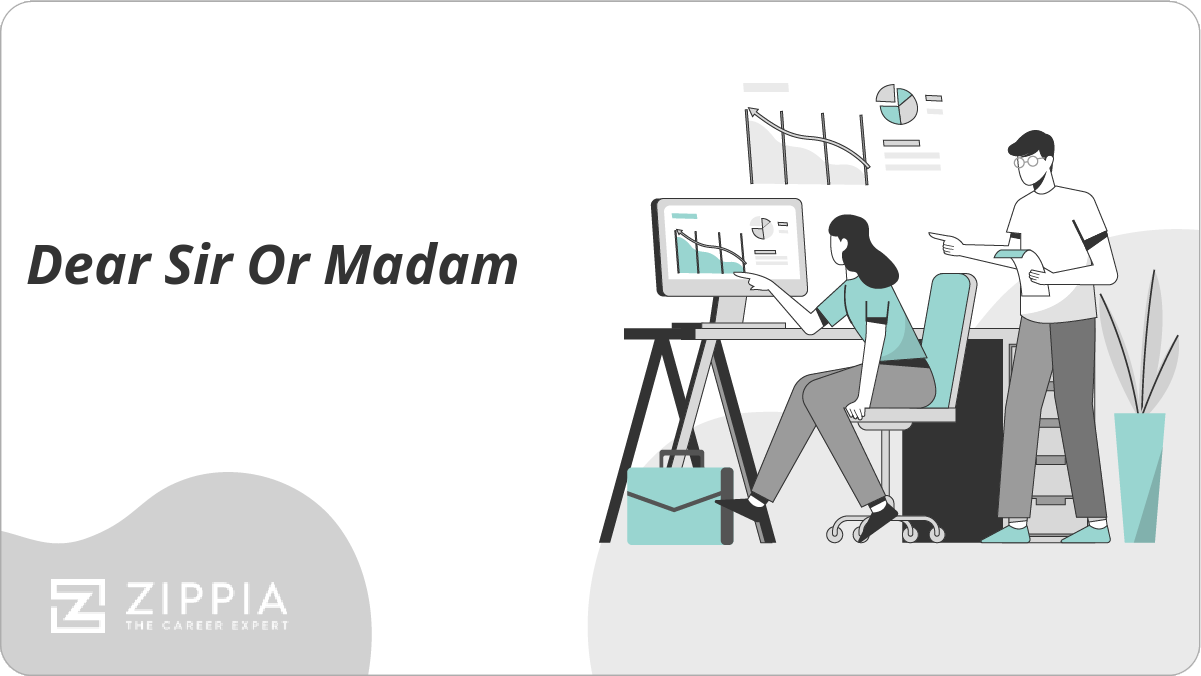- Interview Prep
- Star Method For Answering Questions
- Interview Preparation Checklist
- Star Interview Questions
- Words To Use In An Interview
- Mock Interview Preparation
- How To Make A Good Impression
- Bring Writing Samples
- How To Relax Before An Interview
- Interview Coaching
- Common Video Interview Mistakes
- Common Phone Interview Mistakes
- How To Ace Your Interview For A Remote Job
- Good Weaknesses For A Job Interview
- Good Strengths For A Job Interview
- How To Prepare For A Phone Interview
- Talk About Being Laid Off
- How To Decline An Interview
- How Early Should You Arrive For An Interview
- Types Of Interviews
- Communication
Find a Job You Really Want In
Phone interviews are quickly becoming more and more common, especially as we move away from a traditional interview process to a more digital one. Some may even prefer being interviewed over the phone.
You don’t have to wear business attire, you don’t have to worry about your body language, and you don’t have to navigate to an unfamiliar office park. However, they can still be just as intimidating as in-person interviews.
When it comes to relieving pre-interview anxiety, the most effective thing to do is to properly prepare. This is why we have compiled a list of things to do that will help you prepare for that upcoming phone interview.
Why Companies Use Phone Interviews
Companies typically use phone interviews as the first step in the screening process for possible candidates.
They start out with a large pool of qualified candidates. Usually, around a dozen stick out as particularly interesting people that they want to learn more about. These people are those who are given phone interviews. After phone interviews are conducted, they will narrow down the pool further and decide who moves on for an in-person interview.
This is the step where hiring managers eliminate those who don’t seem to understand the job, those who don’t meet the basic qualifications, or those who won’t fit into the position for one glaring reason or another.
If you’ve gotten a phone interview, you probably have a particularly impressive resume that shows you fit the job qualifications. Now comes your chance to speak with someone at the company about the position and learn more about how you might fit in.
Because this is the first round of eliminations, however, it is important to make a good first impression.
Prepare for a Phone Interview
Preparing for a phone interview is similar to preparing for an in-person interview, with just a few added steps. Here is a list of things you should do before the call to help you prepare:
-
Review the job listing. Take a moment to review the qualifications on the job listing and the qualifications you have. Showing the interviewer that you are their ideal candidate is a lot easier when you remind yourself what qualifications they are looking for.
Knowing what qualifications they are looking for can also serve as hints towards what questions they will be asking. For example, if they are looking for someone with great interpersonal skills, they may ask how you would react in a certain social scenario, such as dealing with an upset client or compromising with a team member.
-
Research the company. Knowing about the company before going into the interview is the best way to demonstrate your interest in joining their team. Show off that you have done your homework, as this can go a long way in setting you apart from your competition.
While others may simply just be showing interest in getting a job, you will be showing interest in getting this specific job with this specific company. After all, companies want people who are excited to work with them.
-
Practice interviewing. Research common interview questions and prepare a few answers. Anything that helps you seem more prepared in an interview is a big plus. Not to mention the fact that having some answers lined up can help alleviate some of that interview anxiety.
Come up with answers to the hard questions, like the dreaded “Where do you see yourself in five years?”
Practice interviewing in the mirror, or record yourself answering common interview questions. This can help you practice answering, as well as help you identify possible verbal tics like “um’s” and “ah’s.”
Try conducting a mock interview with a friend, family member, or pet. Giving your answers to someone you know and trust can be a lot easier than giving them to a stranger.
All of these tactics will help make these questions feel more familiar to you, and it will give you the opportunity to refine your answers.
-
Come up with an elevator pitch. An elevator pitch is a great way to present yourself in a clear and concise manner.
An elevator pitch is a two or three-sentence pitch designed so that you could deliver it to a complete stranger during the course of an elevator ride, and they would leave with a pretty good idea of who you are and what you do.
It can be perfect for those “Tell me about yourself” questions that seem to spark anxiety in everyone. It also can be a great way to introduce yourself and talk a bit about your past experience.
-
Confirm details. Make sure that you know when the call will be taking place and who will be calling whom. This avoids the possible game of phone tag that can be both frustrating and time-wasting.
-
Avoid technology issues. If you are using a cell phone, make sure it is fully charged and take the call in a quiet place with good reception. No matter what, technology will not cooperate 100 percent of the time, but doing what you can to avoid technological issues can help things progress smoothly.
-
Make a list of questions. Have a list of questions to ask the interviewer. This shows your interest in finding out more about the position and the company, and it also helps the interview feel less like an interrogation and more like a conversation, which can help take some of the stress off of you.
Ask questions that aren’t answered in the job listing. You can ask about what the average day would look like for someone in this position, what the training process would be like, and who you would be working with on a daily basis. You can also ask about how many employees the company has or ask about the culture of the workplace.
However, it is important to stay away from questions about salary and benefits, as this is too early in the interview process to start negotiating.
-
Be ready to take notes. Lots of important information can be thrown around during a job interview, so it is important to have pen and paper handy. Write down anything that you may want to remember once the call is over, such as possible start dates, next steps the interviewer would like you to take, or anything else that feels important.
-
Have your resume handy. Keeping it within eyesight allows you to use it for quick reference when answering questions. This helps you sound familiar with your experience and prevents you from coming across like you don’t know your own history.
Tips for Acing a Phone Interview
Now that you are as prepared as you can be for the phone interview, here are a few extra tips that can help you succeed in the call.
-
Give it your full attention. Multitasking while taking a call is a sure-fire way to come across as distracted, unprepared and even inconsiderate. Give the call the attention it deserves.
Suppose you are someone who enjoys moving around while on a call, don’t hesitate to pace around the room or fidget quietly with something, like a pencil. Taking notes is also a good way to keep your hands busy if you find this helps you focus.
-
Take advantage of a comfortable environment. The beauty of phone interviews is that you can take them in a comfortable environment. You don’t have to dress up, and you get to have the home-field advantage. Take the call in a calm and relaxed place, such as your home office or bedroom.
-
Use proper phone etiquette. Don’t use the speakerphone, as this can cause things to be misheard and makes it seem as though you are too busy doing other things to hold the phone.
Answer the phone yourself. This gives the impression that you were waiting by the phone for the interview, whereas if someone else answers for you, you were clearly doing something else.
-
Don’t ramble. This one can be hard, as many of us have a habit to ramble when we are nervous. Practicing is the best way to avoid this. Speak just enough to answer the question you were asked. If you find yourself going off on a tangent, gently guide the conversation back to the question.
-
Ask for the interviewer’s email address. If you don’t have it already from the scheduling of the call or if they didn’t offer it when discussing the next steps, ask for their email address. This can come in handy if you have any questions about the job after the call is finished.
Follow-Up After the Interview
Now that the interview has ended, make sure you send a thank-you note to the interviewer, using their email address that you got earlier.
Sending a short note thanking them for their time and consideration can be a great way to ensure you stay in their mind after the interview is complete, and it also shows some professionalism and gratitude.
Final Thoughts
Though phone interviews can be just as intimidating as in-person interviews, they are easy to prepare for. Being prepared can make the difference between someone whose resume is filed away and someone who moves along in the interview process.
Just a small amount of research and homework can put you far along the path toward getting the in-person interview and eventually the job.
- Interview Prep
- Star Method For Answering Questions
- Interview Preparation Checklist
- Star Interview Questions
- Words To Use In An Interview
- Mock Interview Preparation
- How To Make A Good Impression
- Bring Writing Samples
- How To Relax Before An Interview
- Interview Coaching
- Common Video Interview Mistakes
- Common Phone Interview Mistakes
- How To Ace Your Interview For A Remote Job
- Good Weaknesses For A Job Interview
- Good Strengths For A Job Interview
- How To Prepare For A Phone Interview
- Talk About Being Laid Off
- How To Decline An Interview
- How Early Should You Arrive For An Interview
- Types Of Interviews
- Communication





